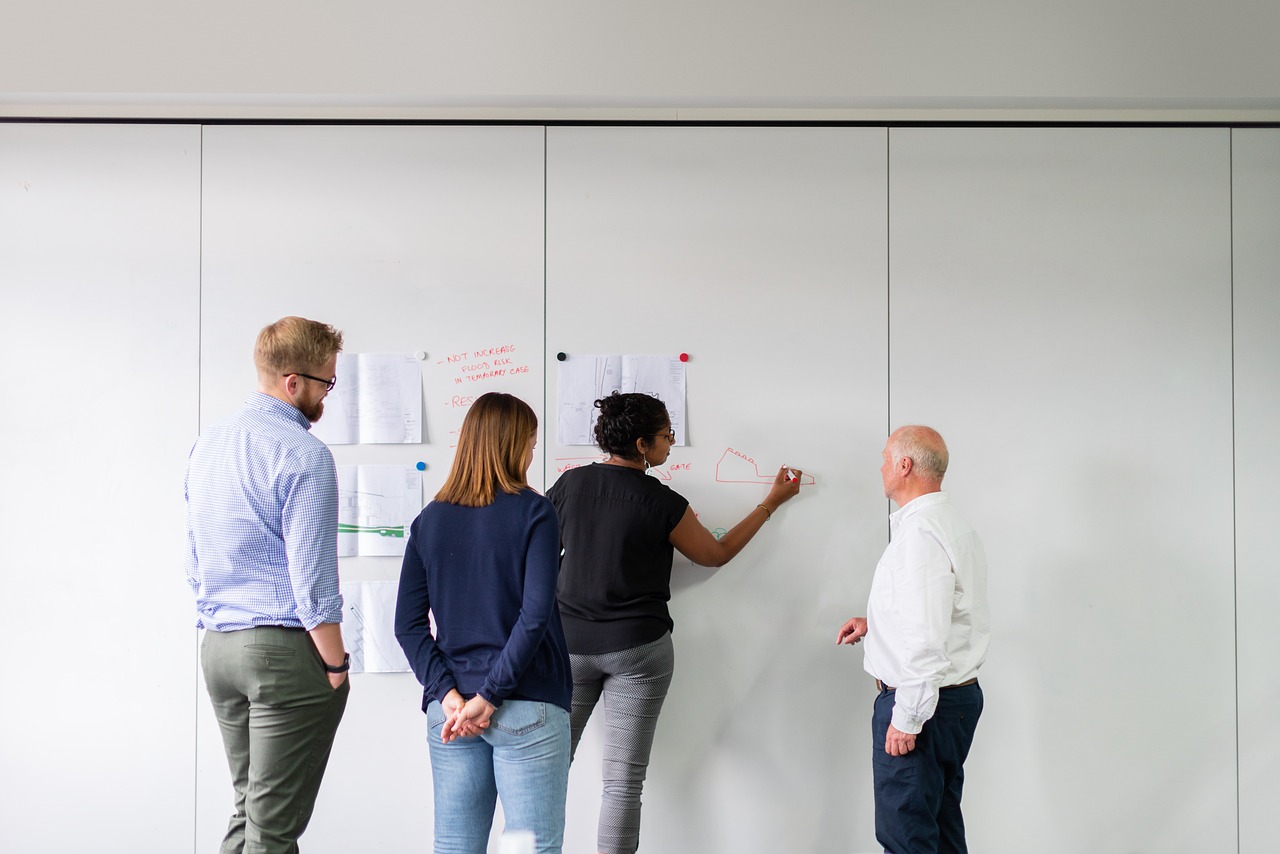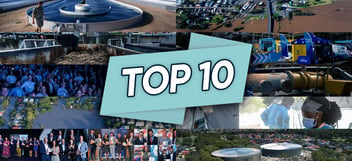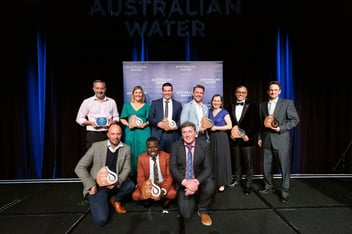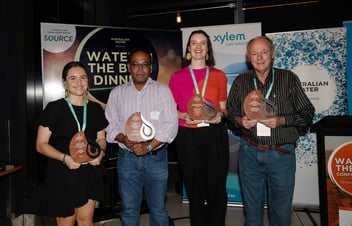Adopting social license in the water sector

What is social license, exactly? How is it created by organisations? And why is it important to do so? These were some of the questions posed at one of the workshops on day one of Ozwater’24.
With every seat in the room full, water professionals gathered to hear from a panel of presenters before brainstorming and discussing how to adapt and adopt social license within the water context.
Griffith University’s Professor Anne Roiko said the term ‘social license’ isn’t often used, but the lessons are learned the hard way when we get it wrong.
“The social license to operate is a broad acceptance by society for an entity or a corporation to conduct its activities,” she said.
“Social license is often not written down, but the consequences of not having it are far from intangible. The costs of getting it wrong are very real. Things go wrong when expectations don't match what is delivered.
“There's no single entity and there's no cookbook on how to do it right. But it reflects an organisation's willingness and ability to engage with its stakeholders. You've just got to commit to the journey. It can't be controlled, but it can be managed.”
So how do organisations achieve social license? Roiko said the three pillars that are often talked about are legitimacy, credibility and trust.
“In the water context, it’s about whether a project is good for the community. It’s about whether the organisation has the community's best interests at heart and if it honours its commitments,” she said.
Good for community, good for business
Water Corporation Head Of Customer Experience Anna Pearce said social license is good for business – it’s not just a nice to have, it’s often crucial to the success of large-scale investments.
“As a monopoly, why would Water Corporation care about social license? We're not striving for market share, we're not necessarily striving for profit. For us, it’s about driving our corporate objectives in a way that reaches our KPIs,” she said.
“There are clear links between the quality and level of social license and measurable business performance. Social license is an enabler for us to reach our objectives.”
Given the accelerated changes the water sector is undergoing, Pearce said social license is coming to the fore as an important way to move through transformation alongside communities.
“We're often talking about the need for change. That's generally where the drive to achieve social license is required. As we're changing, as the climate is changing, customer’s expectations are changing, too,” she said.
“We are making changes in the way we deliver our services. The actions we're taking are often around the security, development and impact that this infrastructure has on our customers and our community. We can't do that effectively without developing and maintaining social license.”
Pearce said water organisations are often building social license by delivering services safely for their customers and community, but knowing when it really counts is key.
“Identifying when it matters is really important. One of the challenges businesses have is realising when social license is needed and not investing early enough to build it properly. It needs to be intentional,” she said.
“Stakeholder engagement is really the core of it and that does include true collaboration.
“Five years ago, we would be coming up with great solutions and then communicating them to our communities. We've really shifted away from that now, now we aim to create solutions together with the community.”
Towards acceptance
As an example of building legitimacy, credibility and trust in action, workshop attendees were encouraged to consider Perth’s renowned Groundwater Replenishment Scheme through a social license lens.
Water Corporation Head of Water Quality Rachael Miller said that, despite not using the term ‘social license’ at the time, the scheme stands as an excellent example of the right way to build social license.
“This was one of our first flagship projects where we built in social license to operate very early. Acceptance of recycling wastewater for drinking water was our goal,” she said.
“If we didn't get community acceptance, we weren't going to get government acceptance. And with legislation the way it was, we had to plan, design, build and commission before we received approval to inject.
“We were fully committed. Our target was to get at least 70% acceptance, any more than that was a dream. We got 72% in the end.”
Miller said taking the time to consult and engage appropriately with the community was fundamental to reaching the target acceptance rate.
“We took our time, it was an 11 year journey. You can't do this quickly. We did a pilot trial first and we talked and talked to the community. We had our technical experts talking to the community, as well,” she said.
“People got to ask technical questions and hear from a scientist or an engineer. We had nothing to hide. We ran community forums with expert opinion leaders and groups. The process was fully transparent.
“In the end, it was 11 years of a lot of thinking, effort and new ways of doing business. We now have 28GL of treated wastewater approved to inject into the drinking water supply.”



